Types of Conflict Theories
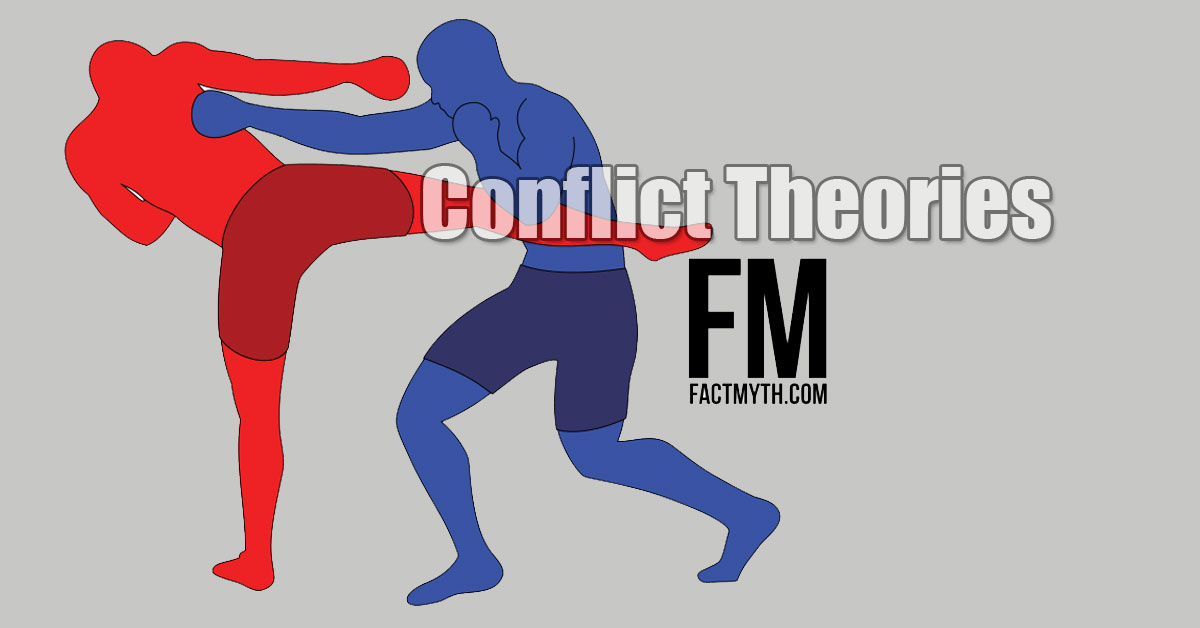
We explain Marx’s conflict theory and other conflict theories to show how tension between social, political, material, and other forces manifest.
Collective intelligence describes the intelligence of a group including collaboration, competition, and group decision making. Humans are, in many ways, social beings, we have quantifiable hardwiring, and we can study different types of systems related to our biology, social interactions, and culture.
Although it doesn’t exclude it, collective intelligence isn’t a remark on a metaphysical collective subconscious, rather it is the study of how things like social media, the internet of things, modern politics, cognitive computing, the media, marketing, and published studies affect our collective thinking.
Collective intelligence also looks at group behaviors such as group decision making, and other aspects of social science as it relates to groups. It looks at concepts like our inability to have new ideas without prior input, and our hardwired biases that prime us for cooperation and competition, and how these evolve on a constant and ongoing basis within the dynamics of the group.
Collective intelligence is also the study of applying technologies like machine learning, theoretical machines, and general systems theory to better understand the complex systems we form (including cultures and societies and technologies). The overarching study of the complex systems we form is called complexity Science and in broad terms the study of collective intelligence includes anything involving how the collective works together, and then by extension how its parts relate.
Or at least that is my take. Now that you have the introduction, you can explore the collective intelligence related facts and myths below or learn more from MIT.

We explain Marx’s conflict theory and other conflict theories to show how tension between social, political, material, and other forces manifest.
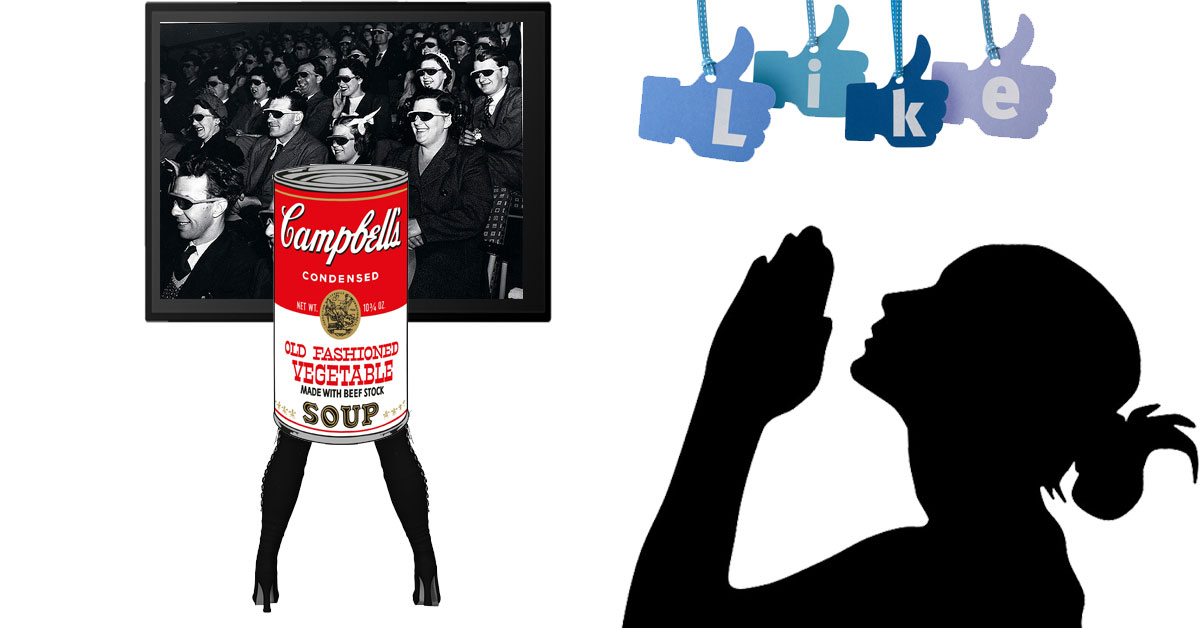
We define terms related to “the society of the spectacle” like commodity fetishism, consumerism, “proletarianization,” and alienation.
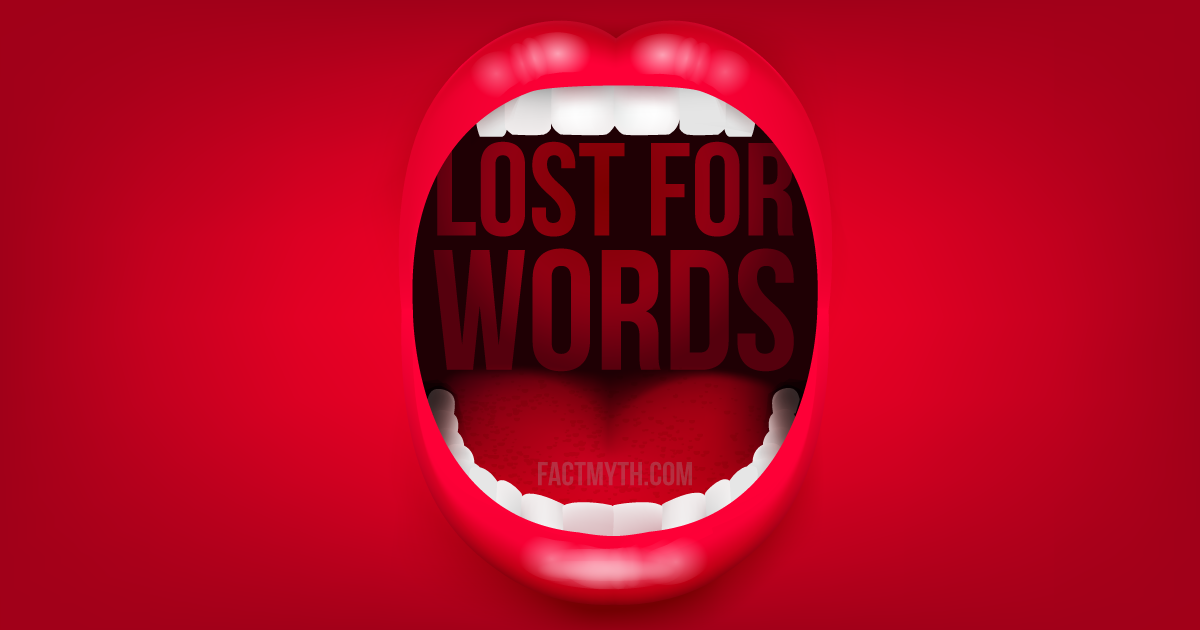
We discuss “giving names to concepts” (defining terms), identifying with terms, be identified by terms, and the implications of this.
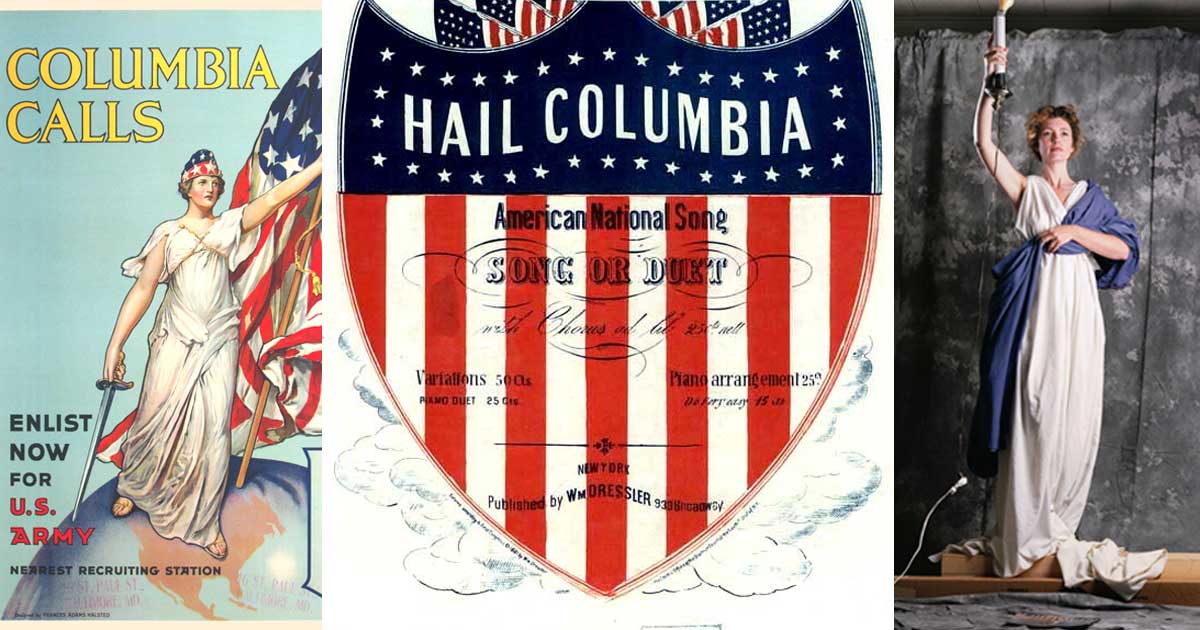
The United States can be thought of as a union of diverse and sovereign regions, of sovereign people, who agree on the basic principles of democracy, republicanism, federalism, and liberalism in general.
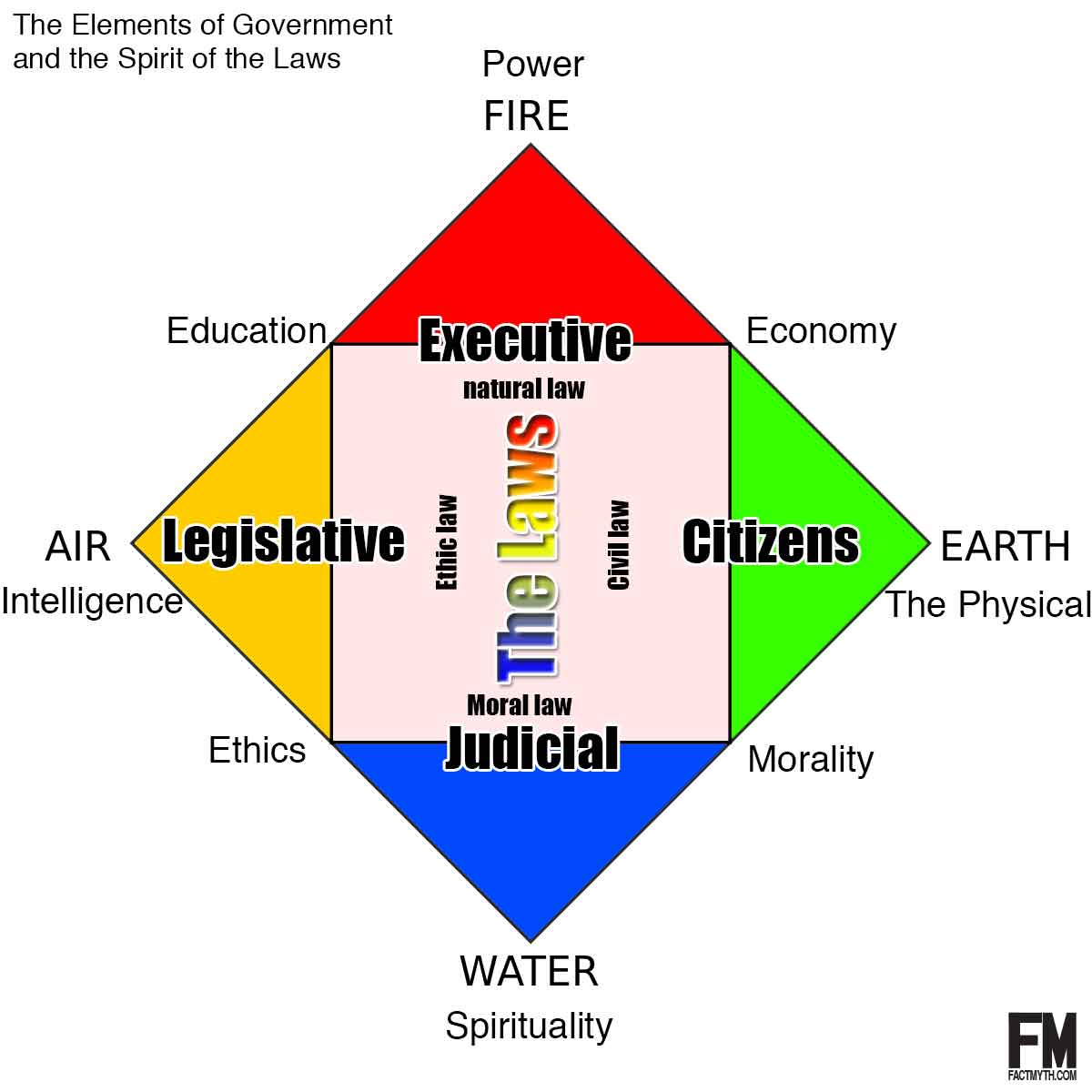
The four “elements” (or “powers”) that form the foundation of government can roughly be expressed as: citizens, executive, legislative, and judicial.